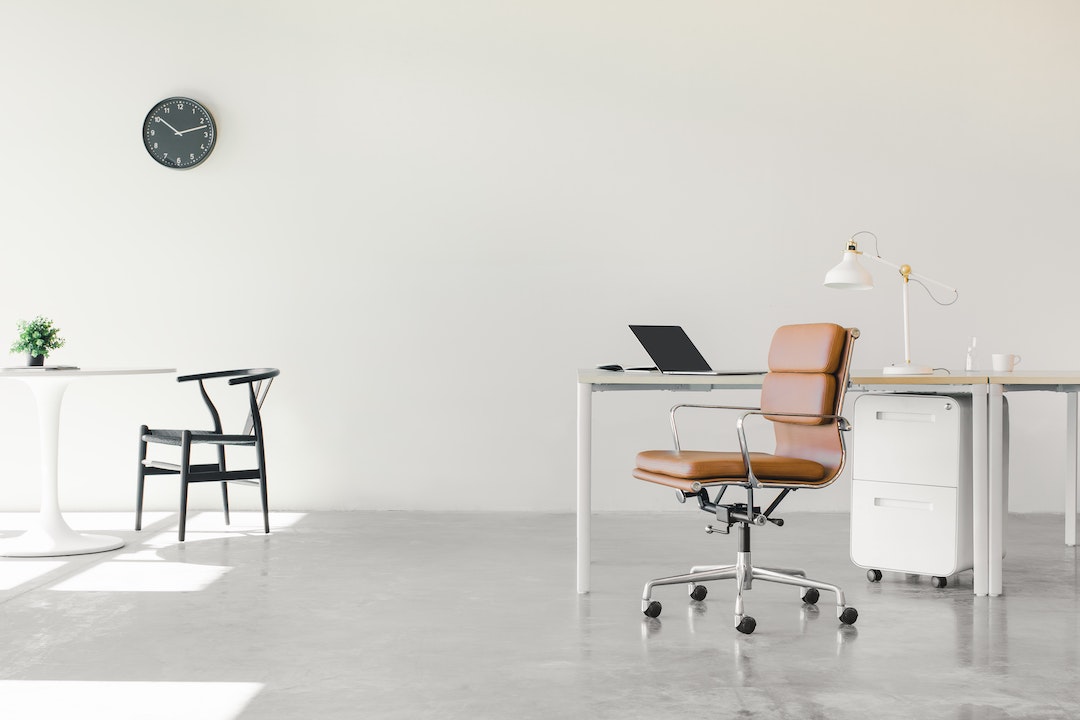Your job: You spend the vast majority of your day doing it, and it can provide you with a sense of purpose, or cover you in a cloud of apathy and stress.
With all the attention being paid to health and wellness in the media, it’s a surprise that workplace wellness is not a bigger topic of conversation.
Your working life has a profound impact on your health and happiness, and workplace health should be considered alongside money and status when looking for a new job, or even if you just want to reinvigorate or reinvent your current one. Here are some of the red flags you should look out for:
You Travel Too Much
Travel is mostly considered to be an inherently positive experience. Travelling more and seeing the world is seen as a
goal to be achieved.
But taking too many trips for work can have a negative effect on your mental and physical health.
According to research published in the Journal of Occupational and Environmental Medicine, people who travelled for two weeks or more a month were more likely to suffer from depression and anxiety. Individuals who travelled more were also far more likely to smoke and drink heavily than those who didn’t.
If you’re travelling a lot for work, it is worth considering what kind of impact
it’s having on your health, and find ways for you to mitigate the negative impact
it may be having.
You’re A Desk Jockey
Sitting for long stretches is part of modern life. We know that a sedentary lifestyle is bad for our health, but it can be tricky to overcome. We forget to get up and move, and no one wants to be the only person doing stretches at their desk.
The solution: Set a break timer. The truth is that your focus and attention to
a task will start to flag eventually anyway, so use that time to get up and walk around. Using a pedometer and consistently hitting a set number of steps a day is also a great way to keep you moving during work hours.
You Use Your Phone To Work At Home
Phone usage has increased dramatically over the past few years – we now use our phones in every aspect of our lives. Unfortunately, the reliance on smart-phones has also meant that normal working hours are no longer respected, and the expectation to always be available is the new normal.
This can have dire consequences for both your family life and your sense of job satisfaction. Being constantly distracted by your phone can cut into family time, and result in relationship problems. This, in turn, can have a knock-on effect on work productivity and satisfaction.
The lesson? Switch off your device whenever possible. It’s up to you to be the champion for uninterrupted family time.
Your Corporate Culture is Stressful
Before taking a job, you should consider the organisational culture very carefully. While employers will try to impress you with large boardrooms or recreational areas, it’s key that you’re able to look past the superficial trappings of the job and see the underlying corporate culture.
Are there clear expectations? Is there room for growth? If you can accurately ascertain how you’ll fit into the work environment, it can be a good indicator of whether to take a job or not.
You’re Micromanaged
If you have a boss who’s always leaning over your shoulder, then you won’t be surprised to hear that it usually has a negative effect on your sense of well-being and job satisfaction. Micromanagement quickly becomes a daily source of stress and anxiety. In fact, a study published in the journal Work and Occupations shows that there is a correlation between higher degrees of work autonomy – the ability to dictate your own working pace, order and times – and higher degrees of well-being and satisfaction.
You Work Nights
Working the night shift is unavoidable in certain fields. But if you’re regularly burning the midnight oil, bear in mind that it can have an effect on your health.
Staying up late is broadly correlated with weight gain, attributed to the fact that people tend to consume more calories the later they stay up. Working nights compounds this by adding physical and cognitive demands, creating the desire
to consume more.
If you’re a night worker, it’s important for you to track the amount of food you eat every day, and make sure that night shifts are not causing you to eat excessively more.





